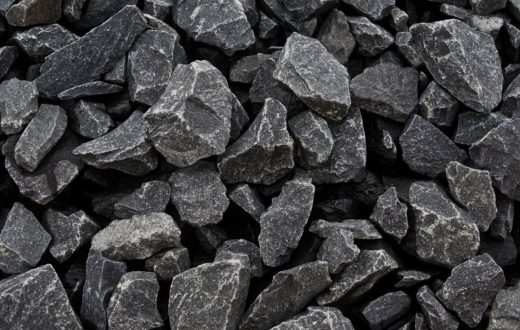Quality and Features:
The quality of Basalt the Bluestone may vary depending on the type of project to be used. For example, basalt to be used for the construction industry must have a certain density, durability and water absorption capacity. The chemical composition, color, texture and structural properties of basalt may also be among the quality criteria.
License and Documents:
In international trade, various documents are needed such as the origin of the product, quality certificates, invoices and shipping documents. These documents are necessary to complete customs procedures quickly and smoothly. It is of great importance that these documents are complete and accurate, especially in mineral and mineral trade.
Customs Regulations:
You should have information about the customs tariffs, taxes and quotas of the country to be exported or imported. It is also necessary to know the customs codes regarding the classification of the product.
Packaging and Transportation:
Since Basalt the Bluestone is a heavy material, its packaging must be durable. Careful packaging should be done to prevent damage to the product during transportation. The properties and amount of basalt should be taken into consideration when choosing transportation methods such as containers and pallets.
Environmental Impacts:
During the extraction, processing and transportation of Basalt the Bluestone, its impact on the natural environment should be minimized. Sustainable mining methods should be adopted to prevent possible environmental impacts such as water pollution, air pollution and soil erosion.
Pricing and Payment Terms:
Factors such as market conditions, exchange rates, demand and supply may affect pricing. Payment terms (cash, deferred, letter of credit, etc.) and delivery conditions (FOB, CIF, EXW, etc.) must be clearly determined between the parties.
Country of Origin Determination:
The country where Basalt the Bluestone originates may affect import tax rates or trade agreements. Additionally, some countries may impose additional tariffs or restrictions depending on the country of origin.
Quality control:
An independent inspection or quality control process may be requested by the buyer. In this process, it is checked whether the product complies with the specified specifications.
Compliance with International Standards:
International standards organizations such as ISO and ASTM have established certain standards and guidelines on the quality and safety of basalt stone. Some buyers may request compliance with these standards.
Risk management:
Appropriate insurance policies should be obtained to minimize risks such as damage, delay or loss of the product during transportation.
Legal Compliance:
All legal and regulatory requirements must be complied with when importing and exporting. Especially when it comes to trading natural resources, it is important to comply with legal regulations by taking into account environmental and social impacts.
This information covers, from a general perspective, the issues that need to be considered in basalt stone trade. However, as each country may have unique legal and regulatory requirements, if trading to a specific country, it is important to obtain more detailed information about that country’s legislation and business practices.
